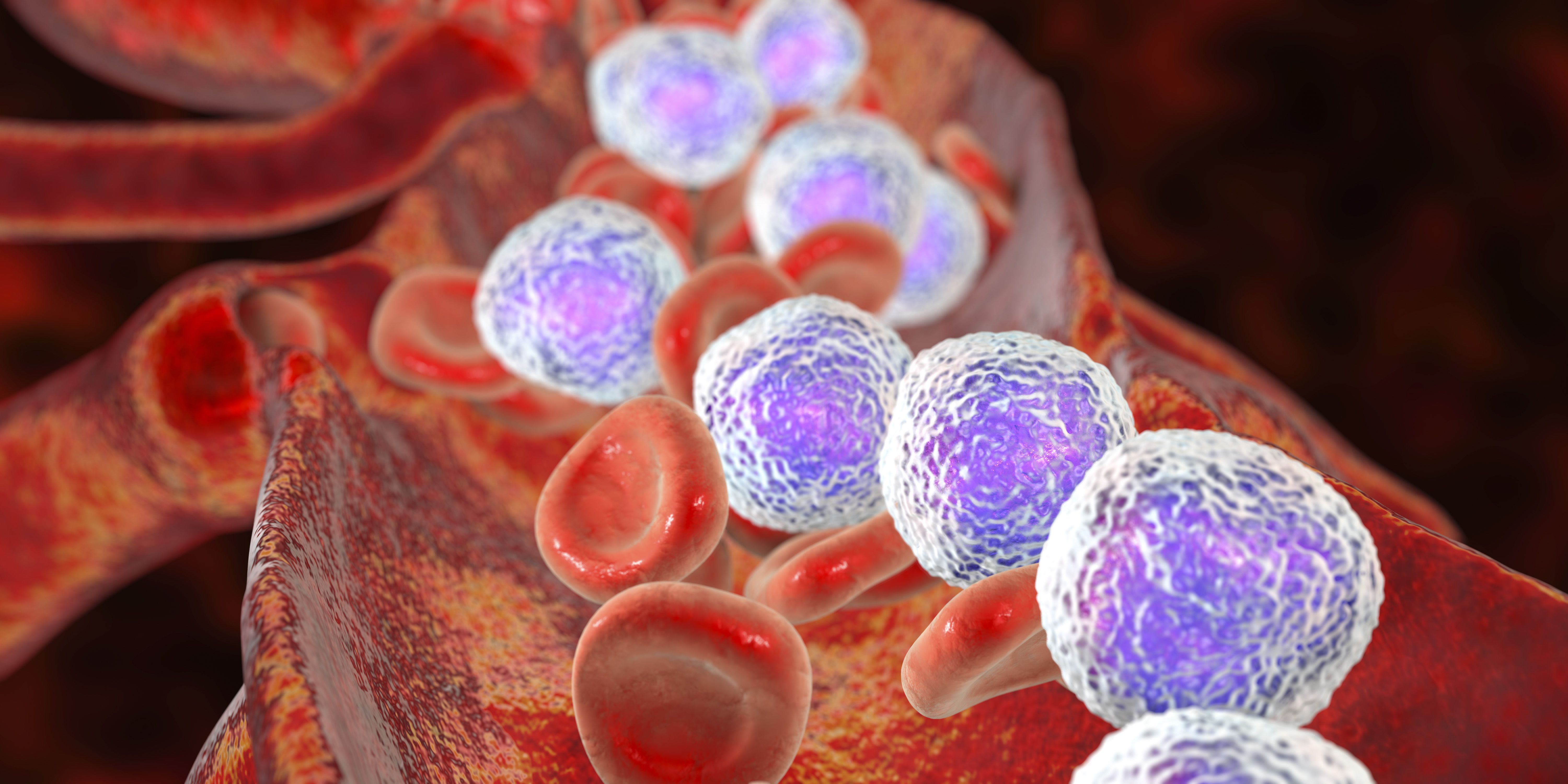FDA Accepts sBLA, Grants Priority Review to Liso-Cel in Pretreated MZL
Results from the marginal zone lymphoma cohort of the TRANSCEND FL trial showed liso-cel elicited an ORR of 95.5% and a CR rate of 62.1%.
Results from the marginal zone lymphoma cohort of the TRANSCEND FL trial showed liso-cel elicited an ORR of 95.5% and a CR rate of 62.1%.

The FDA has accepted a supplemental biologics license application (sBLA) for and granted priority review to lisocabtagene maraleucel (liso-cel; Breyanzi) in the treatment of patients with relapsed or refractory marginal zone lymphoma (MZL) who received at least 2 prior lines of systemic therapy, according to a press release from the developer, Bristol Myers Squibb.1
A Prescription Drug User Fee Act date of December 5, 2025, has been set by the agency.
Results from the MZL cohort of the open-label, multicenter, phase 2 TRANSCEND FL trial (NCT04245839) were shared in an oral presentation at the 2025 International Conference on Malignant Lymphoma and provided context for the FDA’s decision.2
In the efficacy-evaluable population (n = 66), the overall response rate (ORR) was 95.5% (95% CI, 87.3%-99.1%; P <.0001), with 62.1% (95% CI, 49.3%-73.8%; P <.0001) achieving a complete response (CR).
Additionally, with a median follow-up of 21.6 months, the 24-month duration of response (DOR) rate was 88.6%; with 23.8 months of follow-up, the 24-month progression-free survival (PFS) rate was 85.7%; and with 24.5 months of follow-up, the 24-month overall survival (OS) rate was 90.4%.
“While initial therapy for MZL can be effective, multiple relapses over the course of several years are common, leaving patients in need of a new treatment option that can provide high, lasting response rates,” Rosanna Ricafort, vice president and senior global program lead for hematology and cell therapy at Bristol Myers Squibb, said in the press release.1 “This FDA [sBLA] acceptance brings us one step closer to potentially standardizing CAR T cell therapy as a treatment option for MZL, while building on our commitment to bring this personalized therapy to as many eligible patients as possible.”
TRANSCEND FL was designed to evaluate the efficacy and safety of liso-cel in adult patients with relapsed/refractory indolent B-cell non-Hodgkin lymphoma. The MZL cohort of the trial enrolled patients with relapsed/refractory disease who were treated with liso-cel in the third-line setting or later, having already received an anti-CD20 agent and an alkylating agent or relapsed after hematopoietic stem cell transplant.3 Patients also had disease confirmed histologically within 6 months of screening, an ECOG performance status of 0 or 1, adequate organ function, and adequate vascular access for leukapheresis.
Exclusion criteria included central nervous system–only involvement by malignancy, history of another primary malignancy that has not been in remission for at least 2 years, prior CAR T-cell therapy or other genetically modified cell therapy, history of HIV, active hepatitis B/C, active autoimmune disease requiring immunosuppressive therapy, and history of significant cardiovascular disease.
Treatment consisted of liso-cel at a target dose of 100 x 106 CAR-positive viable T cells.
The trial’s primary end point was ORR as assessed by PET-CT or CT using the Lugano classification. Secondary end points included CR rate, DOR, PFS, OS, adverse effects, pharmacokinetics, and quality of life.
The safety profile of liso-cel in the patient population was consistent with previously reported data, with no new safety signals observed. Low rates of severe cytokine release syndrome (CRS) and neurologic events were noted. Any grade CRS occurred in 76% of patients, with grade 3 CRS occurring in 4% and grade 4/5 CRS in no patients. Any grade neurologic events occurred in 33% of patients, with grade 3 neurologic events occurring in 4% and grade 4/5 neurologic events in no patients.
Currently, liso-cel is indicated as a therapy for select populations of adult patients with large B-cell lymphoma, relapsed/refractory chronic lymphocytic leukemia or small lymphocytic lymphoma, relapsed/refractory follicular lymphoma, and relapsed/refractory mantle cell lymphoma.
References
- Bristol Myers Squibb’s application for Breyanzi (lisocabtagene maraleucel) accepted for priority review by U.S. Food and Drug Administration (FDA) in fifth cancer type for relapsed or refractory marginal zone lymphoma (MZL). News release. Bristol Myers Squibb. August 4, 2025. Accessed August 5, 2025. https://tinyurl.com/mwuk2hst
- Bristol Myers Squibb presents first data from the marginal zone lymphoma cohort of the Transcend FL trial demonstrating deep and durable responses with Breyanzi (lisocabtagene maraleucel). News release. Bristol Myers Squibb. June 16, 2025. Accessed August 5, 2025. https://tinyurl.com/4xkkhycn
- A study to evaluate the efficacy and safety of JCAR017 in adult subjects with relapsed or refractory indolent B-cell non-Hodgkin lymphoma (NHL) (TRANSCEND FL). ClinicalTrials.gov. Updated July 30, 2025. Accessed August 5, 2025. https://tinyurl.com/msvbsbm2
Highlighting Insights From the Marginal Zone Lymphoma Workshop
Clinicians outline the significance of the MZL Workshop, where a gathering of international experts in the field discussed updates in the disease state.